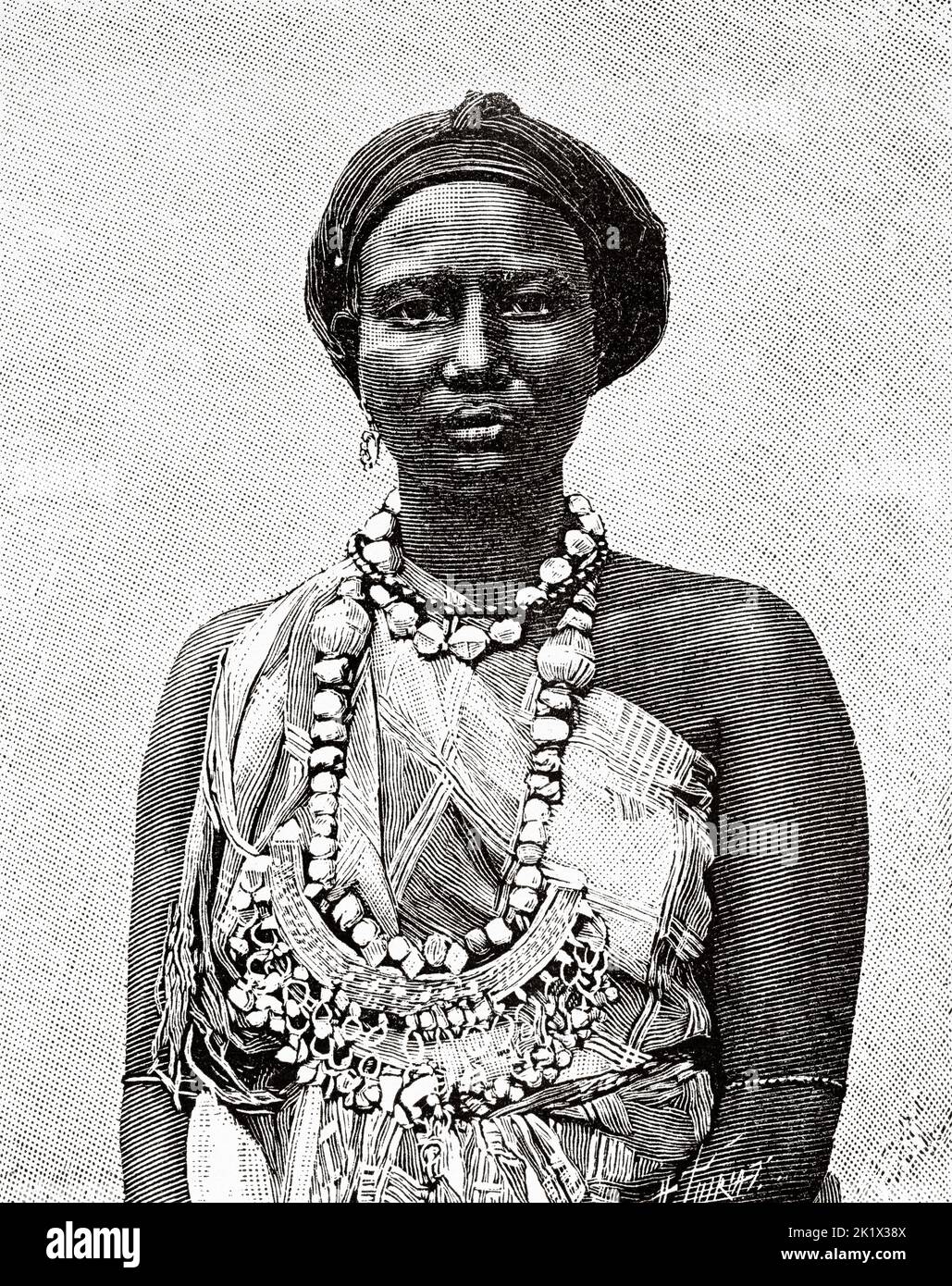Is Somalia's decision to ban TikTok, Telegram, and 1XBet justified? A bold statement from the Somali government asserts that these platforms are spreading horrific content and propaganda, threatening the moral fabric of society. This move has sparked widespread debate across the globe, with many questioning whether such measures are necessary or overly restrictive.
Somalia's telecommunications regulatory body announced the ban following a series of investigations into the content disseminated through these platforms. According to officials, TikTok has been used to spread indecent material, while Telegram has become a hotspot for extremist propaganda. Additionally, concerns about online gambling addiction led to the prohibition of 1XBet, an international betting site popular among Somali youth. These actions reflect the government's commitment to protecting its citizens from harmful digital influences.
| Bio Data | Details |
|---|---|
| Name | Somali Government Officials |
| Date of Announcement | Recent |
| Position | Telecommunications Regulatory Body |
| Reason for Ban | Horrific Content, Propaganda, Online Gambling |
| Platforms Affected | TikTok, Telegram, 1XBet |
| Reference Link | Somali Government Official Website |
Meanwhile, musician Johnny Somali faces mounting financial difficulties in South Korea due to ongoing legal challenges. A recent Telegram message exposed the severity of his situation, highlighting how even prominent figures can struggle under relentless legal pressures. His plight underscores the complexities faced by artists navigating foreign jurisdictions, where cultural and legal systems differ significantly from their home countries. The case serves as a cautionary tale for others in similar situations.
Wasmo Somali Telegram communities have emerged as vibrant hubs connecting millions globally. These groups provide users with access to diverse content ranging from music and entertainment to discussions on socio-political issues affecting the Somali diaspora. However, they also face scrutiny over potential misuse, particularly concerning the spread of misinformation or inappropriate content. As these platforms continue to grow, balancing freedom of expression with responsible usage remains crucial.
The @wasmosomali12 channel exemplifies this trend, boasting over 4K members who engage actively within its confines. It offers insights into contemporary Somali culture while fostering connections between individuals separated by geographical boundaries. For those seeking to join, options include downloading the Telegram app or accessing the channel via web-based interfaces provided at
Historically, Al-Shabaab—a militant organization linked to extremist activities—has exploited communication channels like Telegram to propagate their ideologies. Originally formed under the umbrella of the Somali Council of Islamic Courts, the group gained prominence during 2006 before facing defeat against combined forces comprising Somali troops and Ethiopian interventionists. Despite setbacks, remnants persist, utilizing modern technology to recruit new followers and coordinate operations.
In diplomatic archives, historical documents reveal instances where telegrams played pivotal roles in shaping international relations involving Somalia. One notable example includes correspondence regarding withdrawal agreements concerning Somali irregular units and territorial disputes resolution efforts documented in telegram 74592 sent to Moscow dated March 22nd. Such exchanges illustrate how vital communications were—and still remain—in resolving conflicts diplomatically rather than militarily.
As we advance further into 2025, staying connected through reliable means becomes increasingly important for Somalis worldwide. Platforms like Telegram offer unprecedented opportunities for engagement but come with responsibilities attached. Users must exercise caution when participating in online forums to ensure safety and authenticity of shared information. By adhering to guidelines set forth by administrators and exercising discernment, participants contribute positively towards building robust virtual networks reflective of real-world communities.
Ultimately, the decisions made today regarding regulation of digital spaces will shape future interactions within these environments. Striking a balance between safeguarding societal values and preserving individual freedoms poses significant challenges requiring collaborative solutions from all stakeholders involved—from governments implementing policies down to end-users practicing prudent behavior online.



